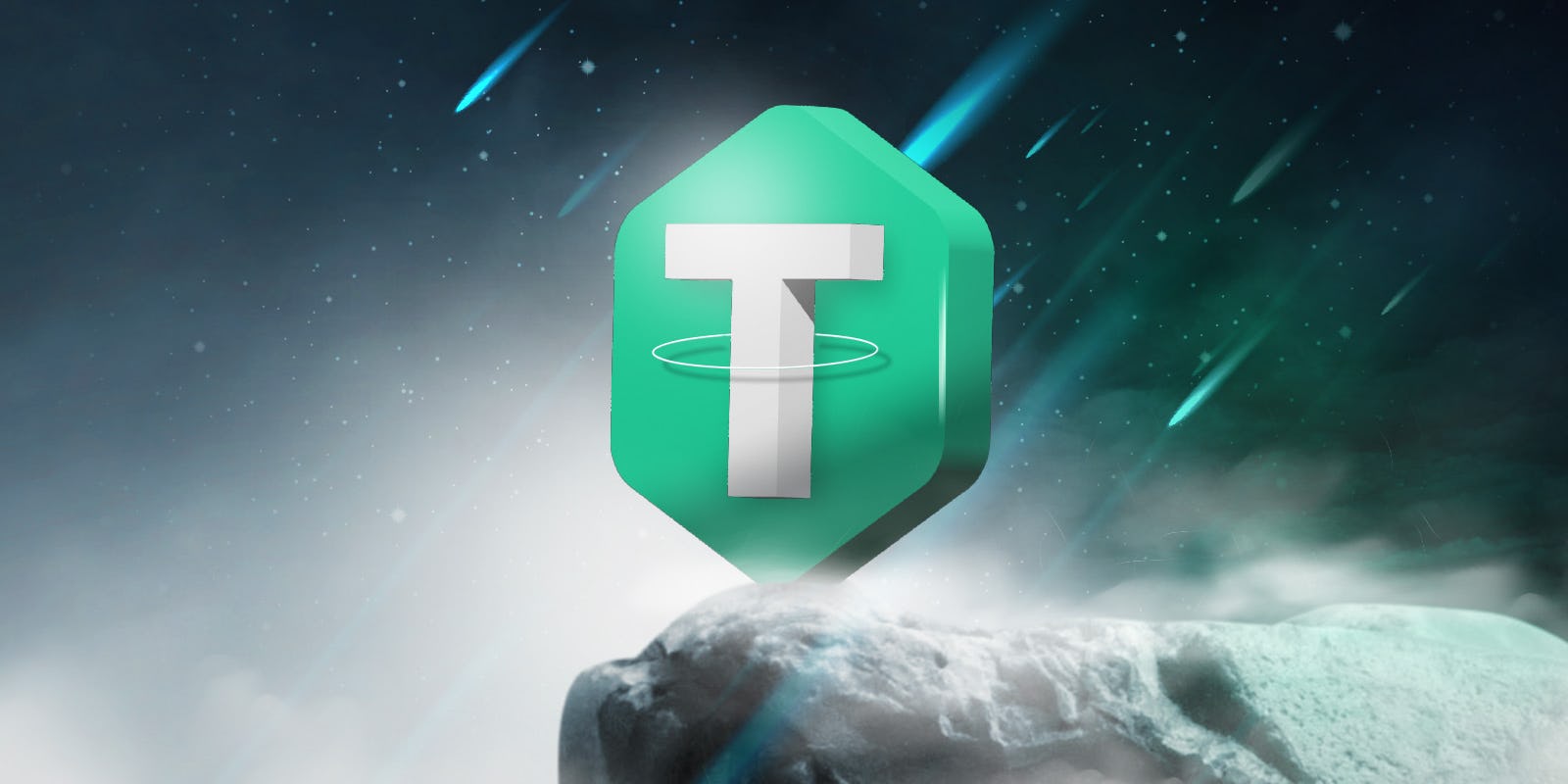Tether, the issuer behind stablecoin Tether ( USDT ), says hedge funds that tried to short its stablecoin following Terra's collapse in May are believing a thesis based on "incredibly false information" and " simply wrong".
In a blog post on Thursday , Tether referenced a June 28 Wall Street Journal podcast in which host Luke Vargas and Caitlin McCabe discussed the crypto bear market and concerns about Tether's collateral as reasons for demand for short positions spoke on Tether .
Tether said the hedge funds that took advantage of Terra's collapse to short USDT had "a fundamentally misunderstood understanding of the cryptocurrency market and of Tether."
“The fact that hedge funds are viewing the collapse of Terra as a constructive thesis to short USDT demonstrates the asymmetric knowledge gap between cryptocurrency market participants and traditional finance firms.”
In early May, in a dramatic turn, TerraUSD Classic (USTC) lost its peg to the US dollar , dropping the price of native token Terra ( LUNA ), now called Luna Classic (LUNC), from over US$60 to almost US$0 -dollar collapse.
In that time, Tether’s market cap has fallen 21 percent since May 11 from $85.3 billion. According to CoinGecko, however, it is still the largest stablecoin on the crypto market with a market capitalization of $65.8 billion .
In late June, Paolo Ardoino, Tether's chief technology officer, confirmed that there had been a "coordinated attack" on USDT by hedge funds seeking to short the cryptocurrency.
He claimed that the hedge funds were trying to sell "billions of dollars" in order to "damage Tether's liquidity." The goal was to eventually buy back the tokens at a much lower price.
Tether explains in a recent blog post that a misconception related to its holdings was the basis for these short sales. Among other things, it is believed that Tether holds significant Chinese commercial paper or Evergrande debt, that USDT is created "out of thin air", or that Tether issues unsecured loans:
"In short, the underlying thesis on this trade is based on incredibly false information and is flat out wrong. Blind faith in Tether-related conspiracy theories further fuels them."
In another post the day before, Tether tried to reiterate how strong its financial backing is and that the project is perfectly capable of honoring buybacks. The company reiterated that it does not hold any Chinese commercial paper and has reduced its total commercial paper holdings by 88 percent to $3.7 billion from $30 billion last year.
It added the stock of commercial paper will be just $300 million by the end of August. The company no longer intends to hold any commercial papers until the beginning of November.
In the week that UST decoupling began, USDT briefly fell to a low of around $0.96 as investors dumped tokens against either fiat through outright buybacks or against other tokens such as competitor USD Coin ( USDC ). . However, Tether has continued to accept fiat buybacks at $1 per token during this period.
According to the latest financial report as of March 31 , 85.64 percent of Tether's funds are made up of cash and cash equivalents, including commercial paper.
My Top PicksHoneygain - Passive earner that pays in BTC or PayPalMandalaExchange -The Best no KYC crypto Exchange!
BetFury - Play And Earn BFG for daily Bitcoin and ETH dividends!
Pipeflare - Faucet that pays in ZCash and Matic, Games pay in DAIWomplay - Mobile dApp gaming platform that rewards in EOS and BitcoinCointiply - The #1 Crypto Earning SiteLiteCoinPay -The #1 FaucetPay earner for LitecoinLBRY/Odysee - YouTube Alternative that lets you earn Money by viewing videos!FaucetPay - The #1 Microwallet PlatformFREEBTC - The #1 FaucetPay earner for Satoshi'sFaucetCrypto - An earning/faucet site that pays out instantlyFireFaucet - An earning site that pays better for some than Cointiply
DogeFaucet - Dogecoin Faucet
xFaucet - BTC, ETH, LTC, Doge, Dash, Tron, DGB, BCH, BNB, ZEC, FEY - Claim every 5 minutes
Konstantinova - BTC, ETH, LTC, Doge, Dash, Tron, DGB, BNB, ZEC, USDT, FEY, 25 Claims Daily


Comments
Post a Comment